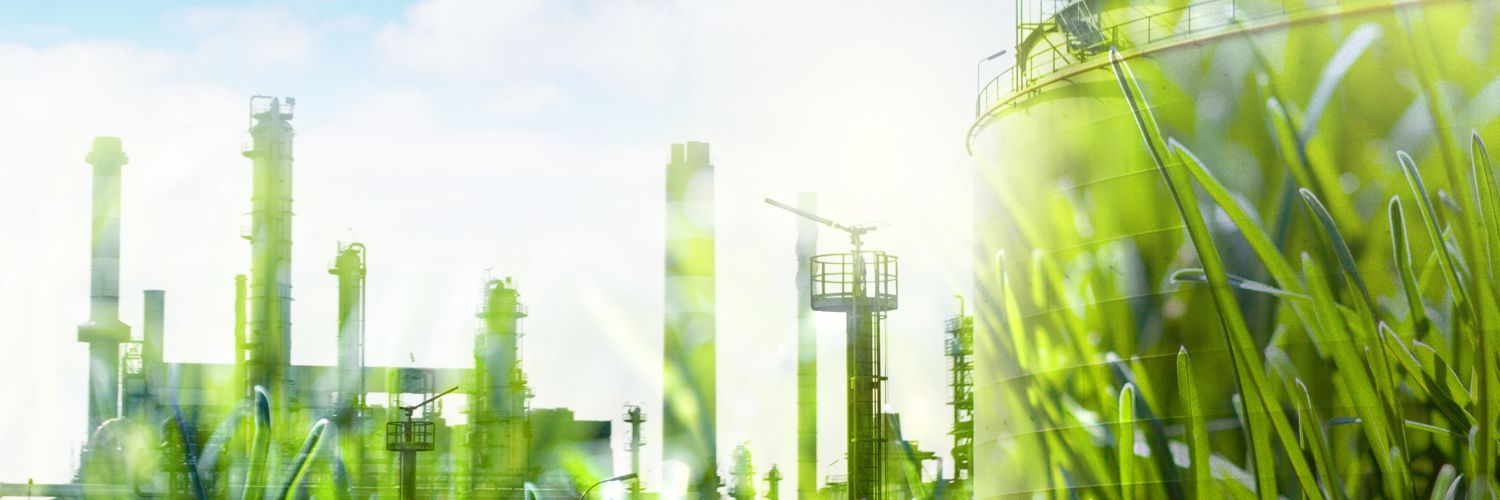History and functions of Vinylplus, a sustainability program
PVC and plastics do not have a good reputation in the Green world, not since recent times but until the nineties. It is in this period, in fact, that Polyvinylchloride has found itself at the center of attention because of the production methods and, above all, because of its non-biodegradability. It was feared, in short, that landfills around the world would soon be filled with tons of pipes, packaging, PVC objects.
Fortunately today this vision is no longer so accredited, nor so widespread. Scientific studies have reassured consumers by showing how PVC offers even better environmental impacts than many other alternative and apparently greener materials.
The pulse of Vinylplus
All this was also possible at Vinylplus, the sustainability program based in Belgium which, on the basis of the previous project called Vinyl 2010, gave a great support to companies to increase the collection and recycling of pvc, also monitoring the production methods. The key to the success of Vinylplus is precisely the dialogue with the industries, which willingly use the tools made available to them to reduce their environmental impact.
Thanks to Vinylplus, more than 1 million tonnes of PVC have been recycled in Europe since 2010, while less safe additives such as cadmium and lead have been phased out (Cadmium, for example, is able to deceive the human organism by replacing the most useful Zinc: for this reason it is important to be aware in the use of any material).
ADFlex adheres to the Vinylplus protocol and works so that the company is always closer to the minimum point of waste and the maximum point of safety and durability of the product. Supporting the circular economy and trying to put less material, less harmful possible in the circle.
